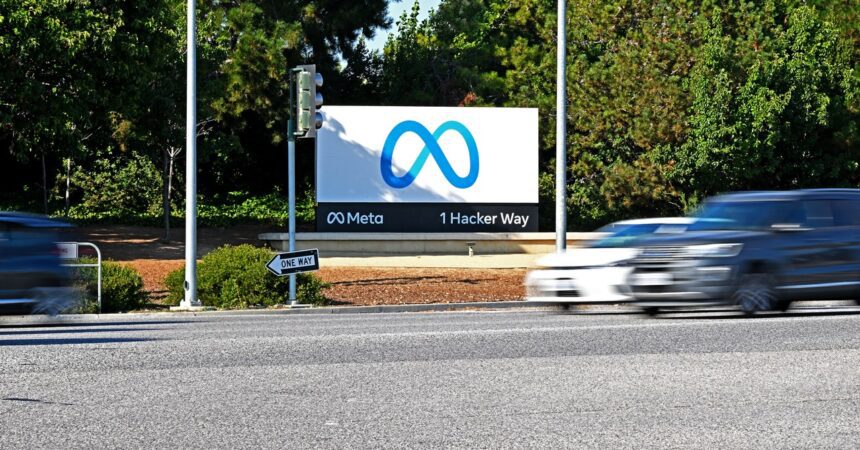Meta’s Controversial Shift: The Implications of Relocating to Texas and Policy Changes
Introduction
In recent months, Meta, the parent company of platforms like Facebook and Instagram, has made headlines for its bold initiatives, notably its decision to relocate several teams from California to Texas. While the physical move may appear strategic, the underlying implications of this relocation and subsequent policy changes have raised concerns among employees, civil rights groups, and the general public. Understanding these shifts within Meta’s operational framework reveals a company grappling with perception issues, workplace culture, and the broader societal impact of its policies.
The Texas Relocation: More Than a Symbolic Move?
Meta’s leadership has cited a desire to address “the perception problem with California” as a primary motivation behind the shift to Texas. This move comes amid ongoing litigation with former President Donald Trump, stemming from the suspension of his social media accounts following the January 6 riots. Employees have expressed frustration, feeling that the company is prioritizing appeasing political figures over its workforce’s integrity. Observers question whether relocating teams will genuinely influence perspectives or merely serve as a symbolic gesture in the face of political pressures and public scrutiny.
Workforce Reduction and Its Implications
Adding to the tension within Meta, the company announced plans to cut 5% of its workforce, amidst broader cost-cutting measures. While Meta indicated these positions would be refilled by the end of the year—potentially in Texas—the move has instilled anxiety among employees about job security and the future direction of company culture.
Furthermore, Meta’s recent decision to shutter its diversity, equity, and inclusion program raises critical questions about the company’s stance on fostering a diverse workforce. There will now be no targets for hiring historically underrepresented groups, a move that critics argue will detrimentally impact workplace inclusivity.
Lax New Guidelines on Hateful Conduct
Meta’s recent changes to its policies regarding hateful conduct have also drawn widespread criticism. The relaxation of rules surrounding hate speech permits users to express more acerbic criticisms of gender, ethnicity, and other sensitive topics. During a town hall meeting, executives argued that these changes would promote a multiplicity of perspectives. However, many employees warn that these new guidelines effectively legitimize misogyny and bigotry, permitting harmful discourse that could drive marginalized groups off the platform.
Growing Pushback from Advocacy Groups
The backlash from civil rights organizations has been swift and vocal. In a letter to Meta, 12 civil rights advocacy groups, including the Center for Democracy & Technology and Human Rights Campaign, expressed “grave concern” regarding the revised policies. They argue that these changes would lead to increased harassment and marginalization of protected groups, ultimately impoverishing online conversations and stifling diverse viewpoints.
Lack of Transparency and Accountability
Management’s decision to potentially stop publishing demographic statistics about the company’s workforce is another area of contention. Employees view this as a capitulation to external pressures, undermining efforts towards accountability and transparency within the organization. Despite these systemic changes, some managers have reportedly committed to continuing the push for diverse hiring, indicating a possible internal divide on how to navigate these tumultuous times.
Conclusion
Meta’s strategic moves signal a significant shift not just in its operational practices but also in its broader ethos concerning diversity, equity, and community standards. As the company navigates the complexities of relocation, policy revisions, and public scrutiny, the implications of these changes will resonate far beyond its California origins. The interplay between corporate strategy and societal impact is crucial to observe as Meta shapes the future of digital interaction in an increasingly divided cultural landscape. The coming months will be telling, as stakeholders watch closely to see if Meta can reconcile its ambitions with the values it espouses—or whether it will continue down a path that invites controversy and concern.
In an era where social media plays a pivotal role in shaping public discourse, Meta’s decisions will undoubtedly influence not only its corporate identity but also the broader societal narrative surrounding digital communication and inclusivity.










